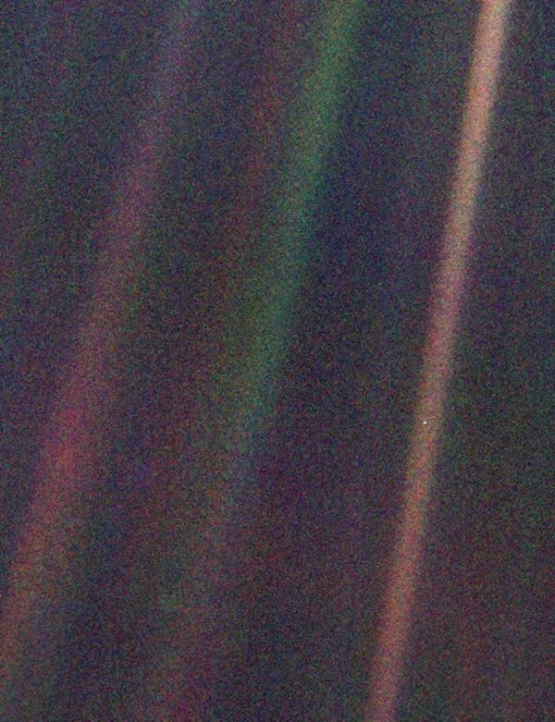
This means that if we are to be randomly placed somewhere in the universe, we are very likely to end up in a spot where a star, planet, black hole or asteroid, would be far out of reach.
Driven by curiosity and the sense of desolation, humans strive to seek other intelligent life forms, a cosmic companion.
And so our intergalactic investigation for a friend has begun.
“The search for extraterrestrial intelligence (SETI) has been very popular lately. They have found several important discoveries of solar systems that have earth-like planet,” Muhammad Rayhan of Jakarta Amateur Astronomy Association (HAAJ) reveals.
Rayhan is referring to the exciting finding of a planet that can be inhabited by humans which orbits around the closest star from our sun, Proxima Centauri B.
If we are looking for aliens, then why are we searching for a planet in which humans can survive?
The universe is a very, very vast space. Scientists have concluded that the radius of the observable universe is 93 billion light years (one light year is 9,500,000,000,000 kilometer).
"They have to set a limit on their search. The only intelligent organism we know are humans. Nothing else. Therefore, earth-like planets are the first thing they look for."
Thus, he elaborates that, “the extraterrestrial intelligence (ETI) that we have been looking for all this time are those which are similar to us. They have the same intelligence as us. They have similar bodies as us. Ultimately, they are contemplative, cultured and capable of developing advanced technology.”
“Earth has a G2 class star called the Sun, liquid water, and moderate temperature. Those qualities are found in many of our neighboring planets. Do they have inhabitants much like we imagined? That is something yet to be proven.”















